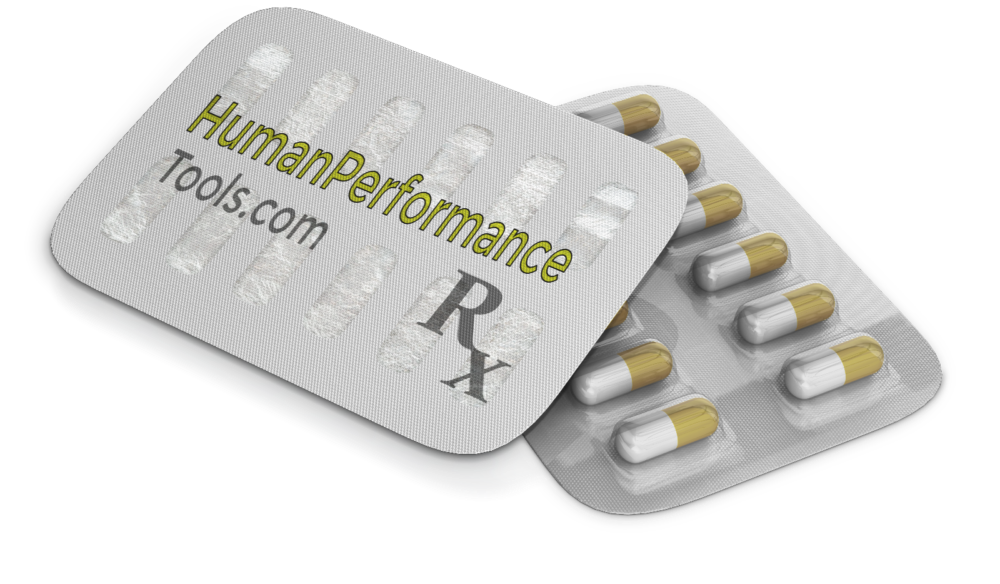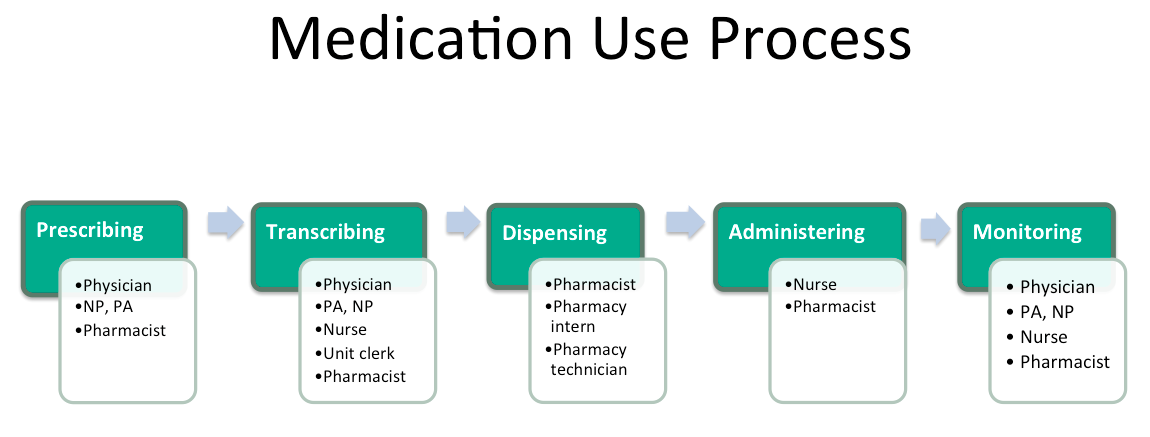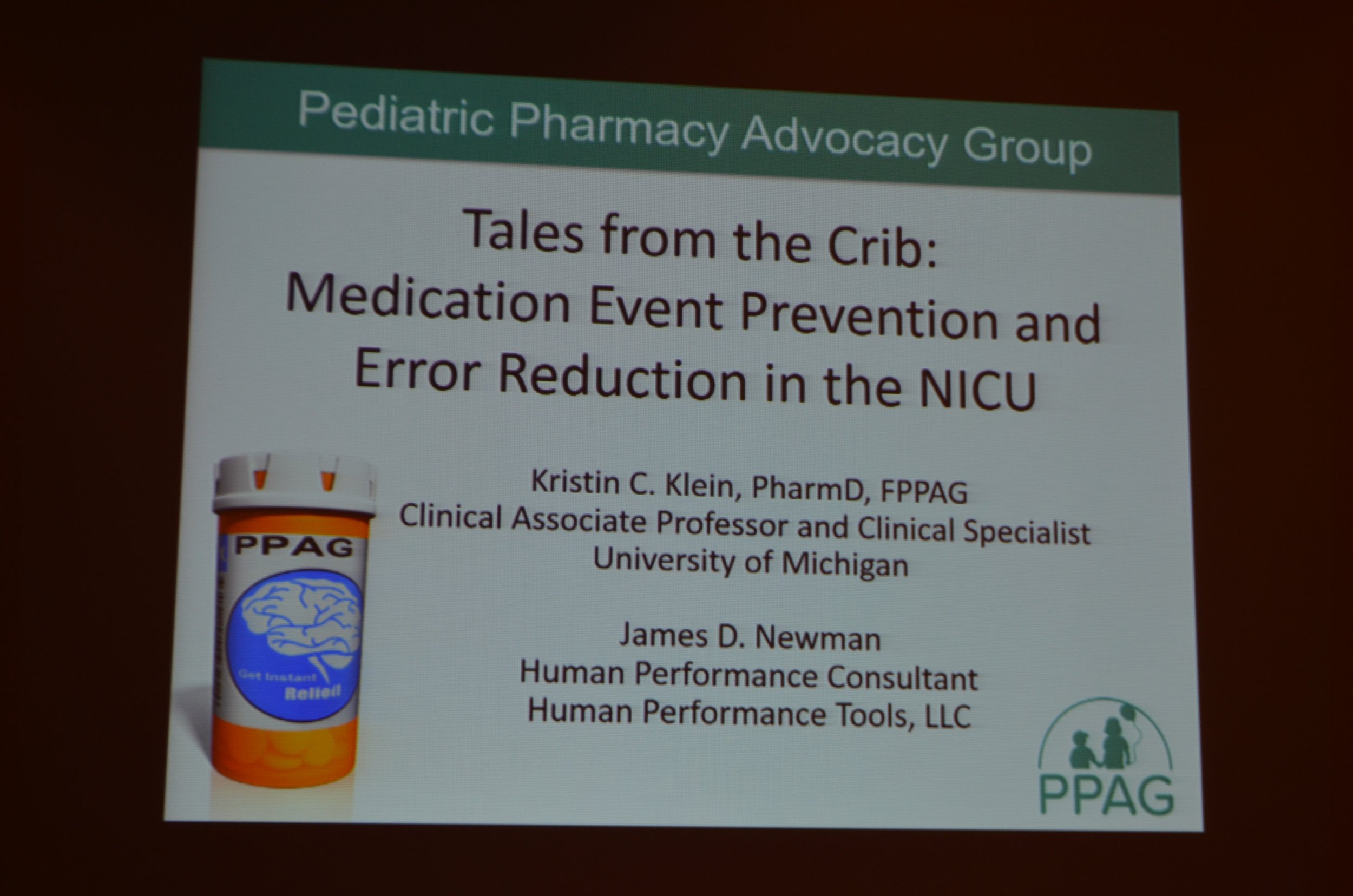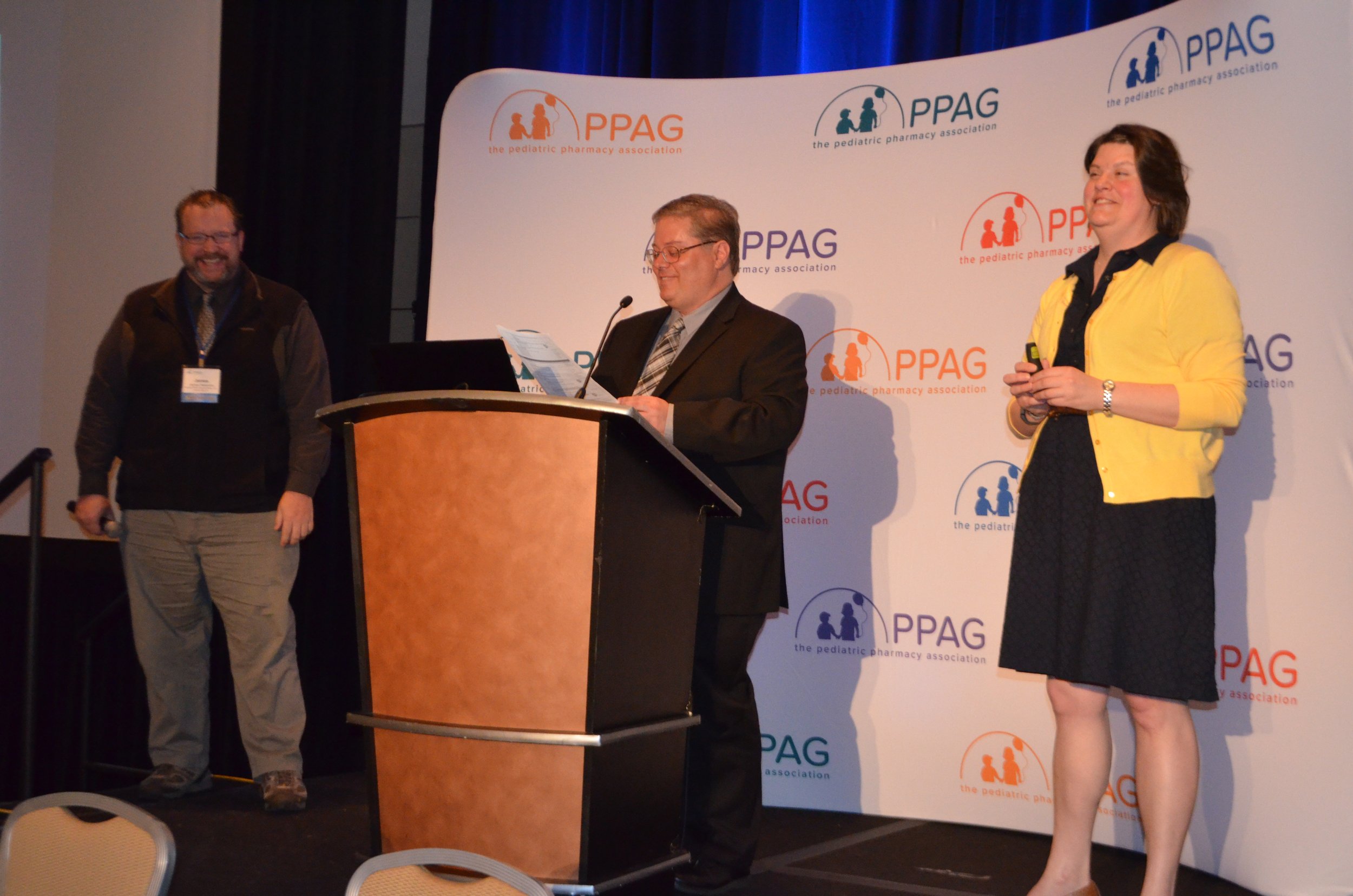The Medical Human Performance Improvement Movement
 Do you know what is happening in the field of medicine to improve outcomes? Have you been as curious as I have been? I have only seen a small peek inside this huge community that truly cares about getting this right. Dr. Kristin Klein (from the University of Michigan College of Pharmacy and Health System) and I started collaborating on the subject of Pediatric Pharmacy Error Reduction in November 2015 and developed a living presentation (constantly being updated with new data) with intentions of writing a white paper. Since January 2016, it has been presented to over 500 workers in the field of Pharmacy (pharmacy technicians, pharmacy residents, pharmacy students, pharmacists, etc.) most with specialty in pediatric pharmacy. We also shared an update on our research with a poster presentation at a patient safety conference in early April. The goal of this project is to determine event prevention best practices and see if introducing interventions like human performance tools are valuable to the medication use process, which sure seems like they would be.
Do you know what is happening in the field of medicine to improve outcomes? Have you been as curious as I have been? I have only seen a small peek inside this huge community that truly cares about getting this right. Dr. Kristin Klein (from the University of Michigan College of Pharmacy and Health System) and I started collaborating on the subject of Pediatric Pharmacy Error Reduction in November 2015 and developed a living presentation (constantly being updated with new data) with intentions of writing a white paper. Since January 2016, it has been presented to over 500 workers in the field of Pharmacy (pharmacy technicians, pharmacy residents, pharmacy students, pharmacists, etc.) most with specialty in pediatric pharmacy. We also shared an update on our research with a poster presentation at a patient safety conference in early April. The goal of this project is to determine event prevention best practices and see if introducing interventions like human performance tools are valuable to the medication use process, which sure seems like they would be.
The Medication Use Process
The medication use process has only five (simplified) layers to the system, yet pieces of it are cause for the error that leads to events that may involve our children. We've been asking the right people where the system is most susceptible to error and seeking recommendations to prevent events.

This is always personal
As far as I know, I have never specifically been involved in a medication error other than having a doctor give me so many different prescribed meds, that my heart started palpitating and I soon after found a new physician. I have also been involved in communication errors that were devastating to me emotionally, but not physically - both being errors where the medical staff assumed I knew the person I loved was already passed away, and in both completely different situations, I had to figure it out in person. This obviously gets very personal, and we all have our own stories, because we all need medical care at different points of time in our lives. So, can you imagine the amount of possibility for error that exists on a daily basis in this enormous field with language barriers, long hours, lack of qualified personnel (because these jobs should pay more), and a myriad of other factors that contribute to error.
Some numbers to educate, scare, and caution you
Hospitalized patients, regardless of age, are susceptible to one medication error per day, and 1999 data shows that the third leading cause of death in the United States is preventable medical errors that account for 44,000 to 98,000 people dying each year.
What is PPAG?
The Pediatric Pharmacy Advocacy Group is an international, nonprofit, professional association representing the interests of pediatric pharmacists and their patients. They are dedicated to improving medication therapy in children. Their sole purpose is to promote safe and effective medication use in children through communication, education, and research.
Our presentation starts:
Dr. Timothy Todd introduces us:
Rights are Tools
Geared towards nurses in the administration process, the video links below explain 10 "rights" which actually represent human performance tools:
10 Rights of Medication Administration
- Right Patient
- Right Medication
- Right Dosage
- Right Route
- Right Time
- Right Documentation
- Right Client Education
- Right to Refuse
- Right Assessment
- Right Evaluation
We actually are speaking a similar language
Medical professionals call a "Sentinel Event" what nuclear power stations would consider a "Site Clock Reset." Both terms hold groups of errors that lead up to events of significant consequence, but Sentinel Events will typically involve a legal aspect, as well, which is rarely the case in commercial nuclear power, because asset damage or shutdowns may not involve human harm at all.
Conclusion
The road to improvement starts with care, and everyone I've ever spoken with in the field of pharmacy cares about patient safety. "Caring" alone, certainly isn't enough to bring about enough change, unless people in the right positions care enough to prioritize advances in those areas most susceptible to error. Unfortunately, it seems as if pharmaceutical providers feel like the entire medication use process holds opportunity for mistakes.